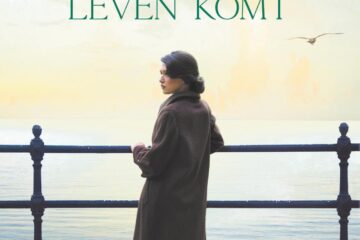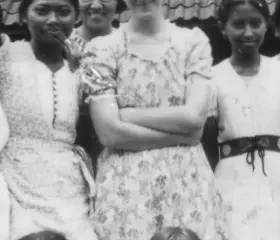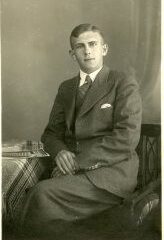Auschwitz survivor
David Groenteman , born in 1923 in Amsterdam ended up as an eighteen-year-old Jewish boy In Auschwitz, where he had to carry away corpses, bury them and scoop coal for twelve hours in the bitter cold. After the war he fled from those painful memories.
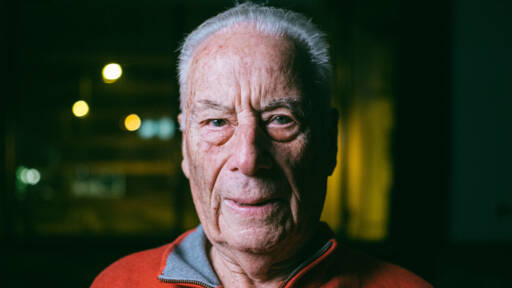
After the Germans invaded, David joined the resistance. However he and his friends were betrayed. He was sentenced to death. Miraculously he survived. It wasn’t until after the war that he found out that his sentence had been commuted to 15 years in prison. “One of the boys’ fathers, a wealthy businessman, had bribed a German general.” While he was not murdered, he went through various camps he ended up in Auschwitz. He was lucky to have a strong body from years of ice hockey, football and skating. Twelve hours a day he had to scoop coal. If you stopped, they shot you.
Of all the concentration and extermination camps, most people were murdered in Auschwitz. Of the 140,000 Jews who lived in the Netherlands in 1940, 102,000 did not survive the war.
Australia was furthest away from the misery he had endure all those years ago, the concentration camp he was in was liberated and after a long journey he returned to Amsterdam, the city where he was happy before the war. He arrived with a bald head, weighed only 36 kilos and had a bag full of traumas.
In Australia he built a new life. But he learned that the aftermath of the war not only had a major impact on him, but also on his sons.
He loved the pleasant temperature in Sydney, the relaxed atmosphere, the sports culture. The warm, sunny summers and mild winters. For more than seventy years he has lived with pleasure in Sydney. He currently lives in Queensland.
Read the RTL Nieuws article in Dutch
Also read David’s story in ‘Survivors’ Stories from the Auschwitz-Birkenau Memorial Foundation
Ice hockey champion, chairman football
After WWII he became a defense player in the Eerste Divisie (First Division), the country’s top level amateur ice hockey league. In March 1950, he represented Netherlands in the World Championships in London.
After he immigrated to Sydney Australia he played local club hockey for St George Dragons in the New South Wales Senior A-grade league.
His first state line-up was coached by Percy Wendt and included Ukrainian, Emil Butchasky, who was to figure prominently in the Dutchman’s hockey future. They became foundation captain and coach of the Bombers IHC that year. He was 29 years-old in 1952 when the Waringha Bombers won the state championship in their inaugural year — the first of six from their next seven seasons. He captained the team in 1953 and 1960.
A president of the NSW ice hockey association, he was also involved with the national association. He built the first rink at Newcastle, the rinks at Narrabeen and Blacktown and the ice surface of the rink at Thebarton in Adelaide. His sons Ron, Elliott and David also played hockey. Elliott won Goodall Cups in 1983, 1988 and 1989. David played for the AIHL Sydney Ice Dogs. Ron Mann (notice the name change) became a captain and coach of the Bombers, playing coach of the first Newcastle North Stars in 1980, founder of the NSWSL Macquarie Bears and a two-time Goodall Cup champion representing New South Wales in 1970 and 1985. Ron played for Australia in 1979.
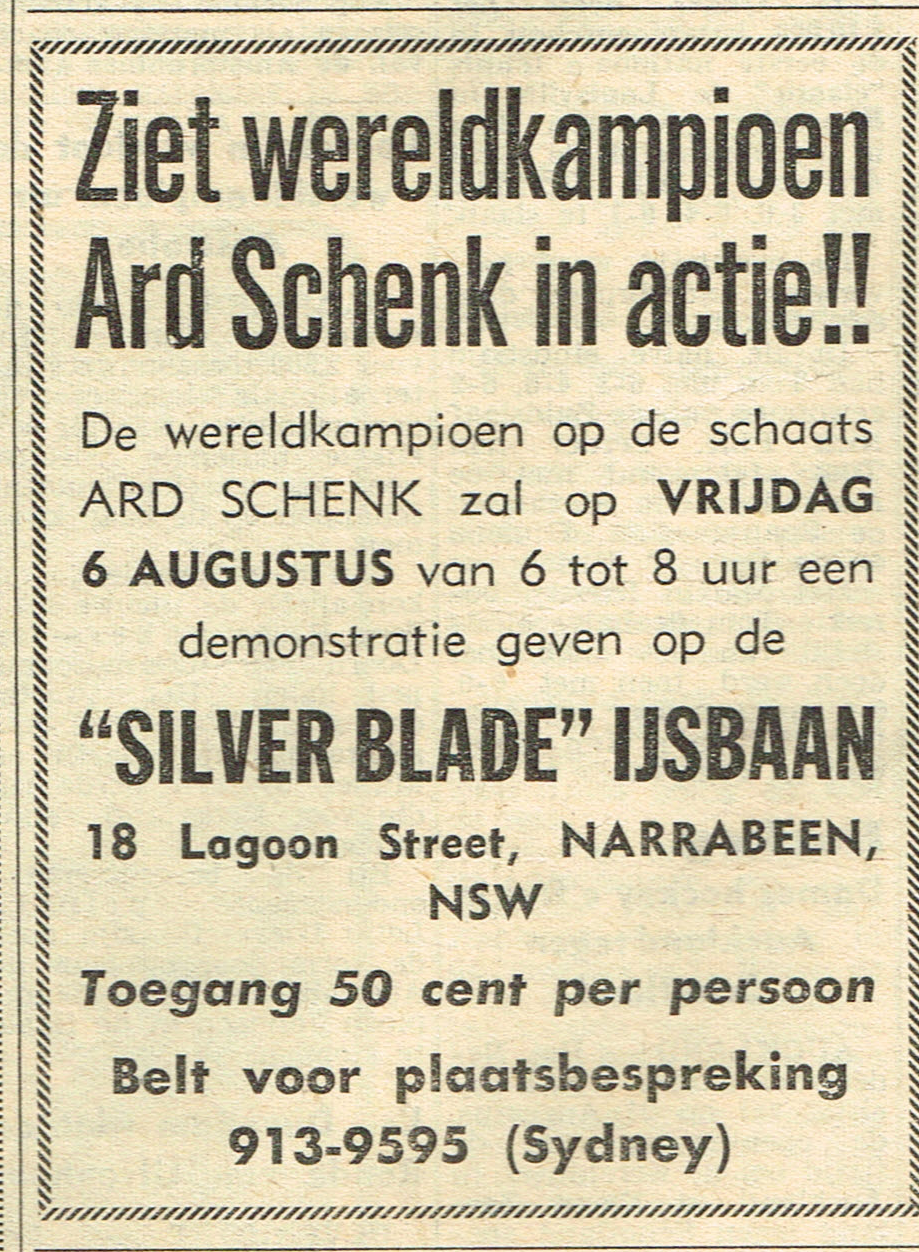
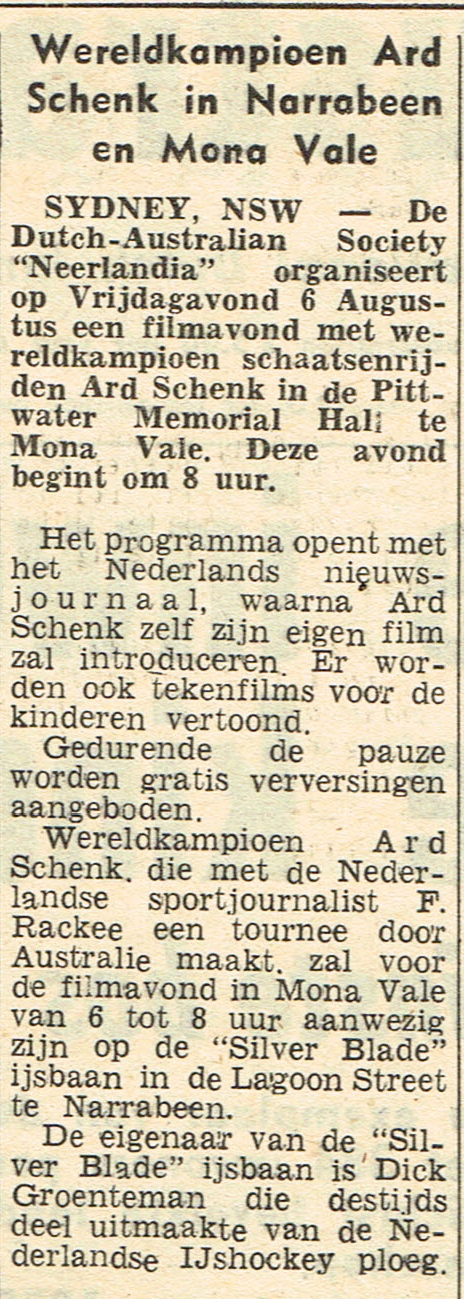

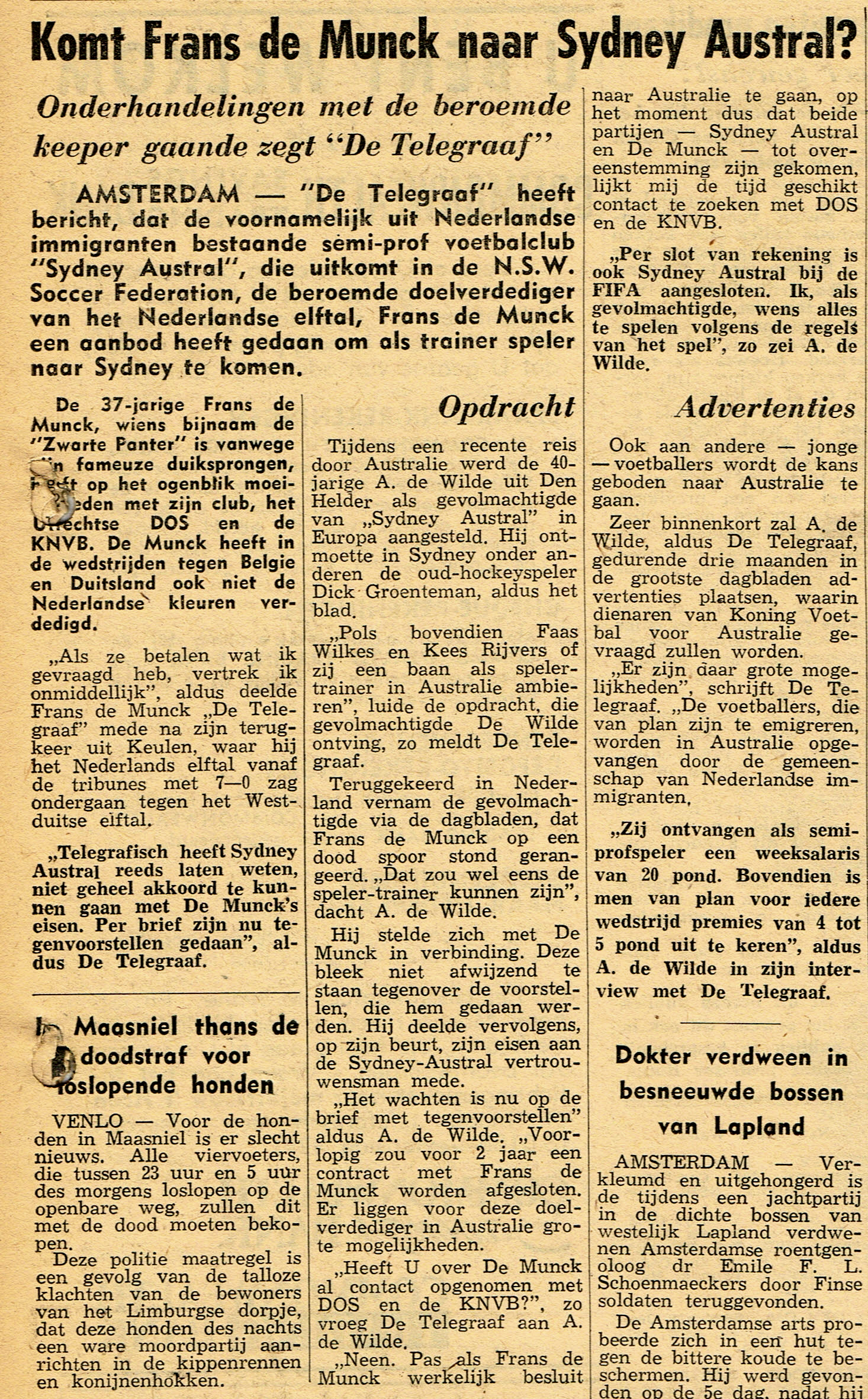
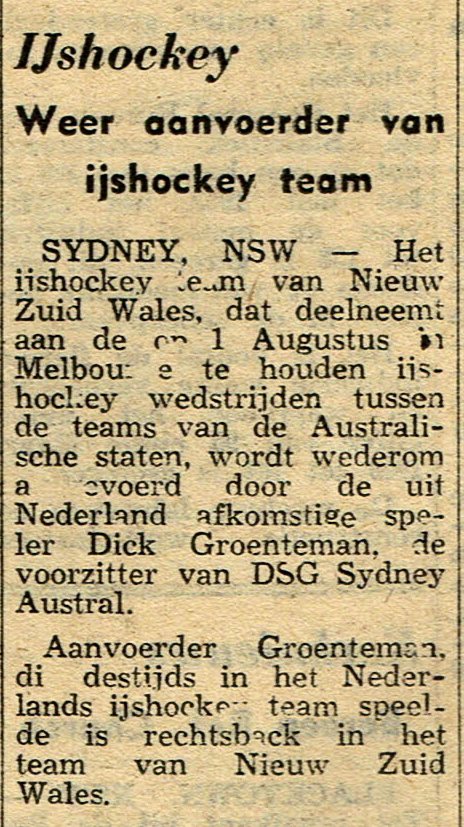
The following article appeared in the Northern Beaches Living of 9 November 2019
Since the closure of the Warringah Ice Skating Centre in the late 1990’s the site has evolved into a large apartment and commercial complex, but once upon a time the highly popular Narrabeen Ice Rink sat on the corner of Lagoon and Wellington Streets, next to Narrabeen Woolworths where it served as a local icon for over 35 years.
The rink was constructed on the site of an old aircraft hangar in the 1970’s by Dutch native Dick Groenteman, who also built Ice rinks in Newcastle and Blacktown. The arch-trussed building was also home to the Warringah Bombers Ice Hockey team, at times attracting crowds of over one thousand spectators.
Most locals would fondly remember skating with friends on weekends and in school holidays, and watching in awe as professional figure skaters, both young and old, trained alongside. There was a kiosk onsite serving awesome hot chips and lollies, and everyone would of course wake up with super sore leg muscles and maybe a few blisters the following day.
See also:
The rich history of Dutch football clubs in Australia
Flying Dutchman Restaurant and Dutch Club Sydney
In 1957 Groenteman took over the Cuba Restaurant in Rushcutters Bay. He might have changed the name to Flying Dutchman by the time he had moved the restaurant to the City. It looks like the restaurant went into bankruptcy in 1962. During that period he also did run the Dutch Club Sydney in his restaurant. There is a separate article on: Flying Dutchman Restaurant and Dutch Club Sydney.
Dick was also involved in many other activities in the Dutch community.
